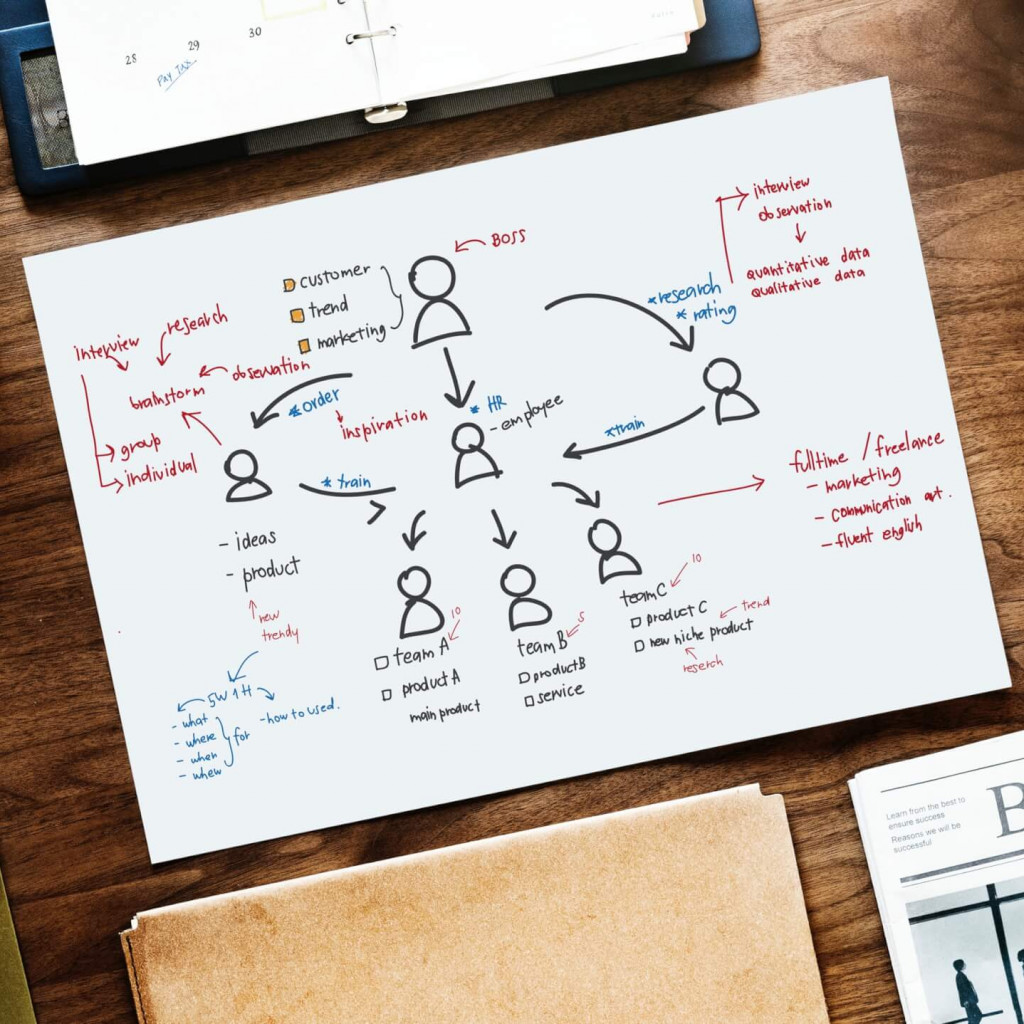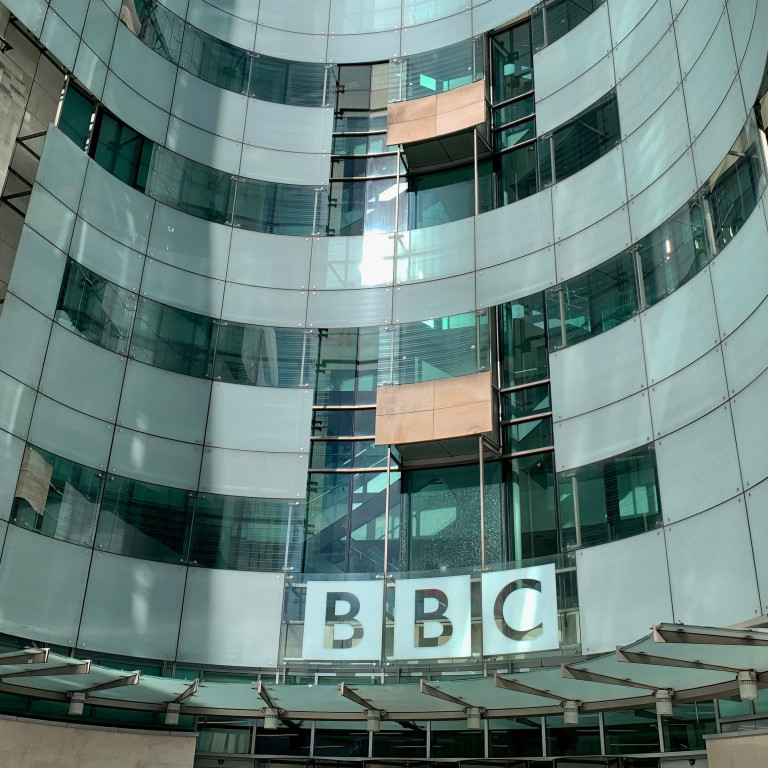If you suspect another person or business of infringing on your intellectual property, you could take legal action and protect your legal rights.
What is intellectual property?
The definition of intellectual property is ‘any type of intangible property that is a result of creativity’. This covers designs, logos, and artistic or literary, works as well as inventions.
What are your intellectual property rights?
If you suspect another person or business of infringing on your intellectual property, you could take legal action.
You are also able to take action if you think that somebody has stolen your tangible property or if they have infringed your copyright by selling copies of a product you designed or invented. For example, if another business has stolen your start-up idea, if an individual has copied your artwork, or if another company is selling your products as their own, action can usually be taken.
The first step is always to establish exactly what sort of infringement has taken place. Perhaps your patented product is being sold by another business without your permission, or your copyright is being infringed.
Investigations into IP infringement are generally carried out by your local Trading Standards Authority, and the police may be involved if counterfeiting or fraud is suspected. You can also seek legal advice and conduct your private investigation and solution as well. Section 6(1) of the Prosecution of Offences Act (POA) 1985 gives you the right to bring your private investigation to court.
What is trade mark infringement?
If you own a registered trade mark and somebody uses one that is similar or identical to sell similar goods or services, they could be committing trade mark infringement. You are protected by the Trade Mark Act 1994 and can still take legal action even if your trade mark is not registered. In this case, if somebody else uses it, you could take ‘passing off’ legal action, for which you must prove:
- The trade mark belongs to you
- You have built up a reputation in the mark
- Another’s misrepresentation of your trade mark has been harmful to you or your business
What is design infringement?
When you register a design, you gain exclusive rights to use it for 25 years. While it is easier to take action against somebody else copying features of the design in question if it is registered, you could still take action even if you have not registered your design. This can relate to anything from artwork to logos and other designs.
What is copyright infringement?
Deliberate infringement of copyright can be classed as a criminal offence if the business in question has done so on a commercial scale. This is known as copyright piracy and you should consider informing your local Trading Standards and/or the police if another business is making copies of your work for sale or distribution. An action for infringement will only be successful if you can prove that the alleged infringing party has copied your work.
Find out more
It is important to keep evidence of any infringement that has occurred as you will need this to ensure that your claim is successful. You should seek legal advice from a specialist solicitor who can establish what sort of infringement has taken place and guide you in the right direction when it comes to taking action against the other party. In the first instance, this is normally in the form of sending a letter advising of the intention to take action.
If you would like any help or support then visit our dedicated Intellectual Property pages or contact our expert team.





